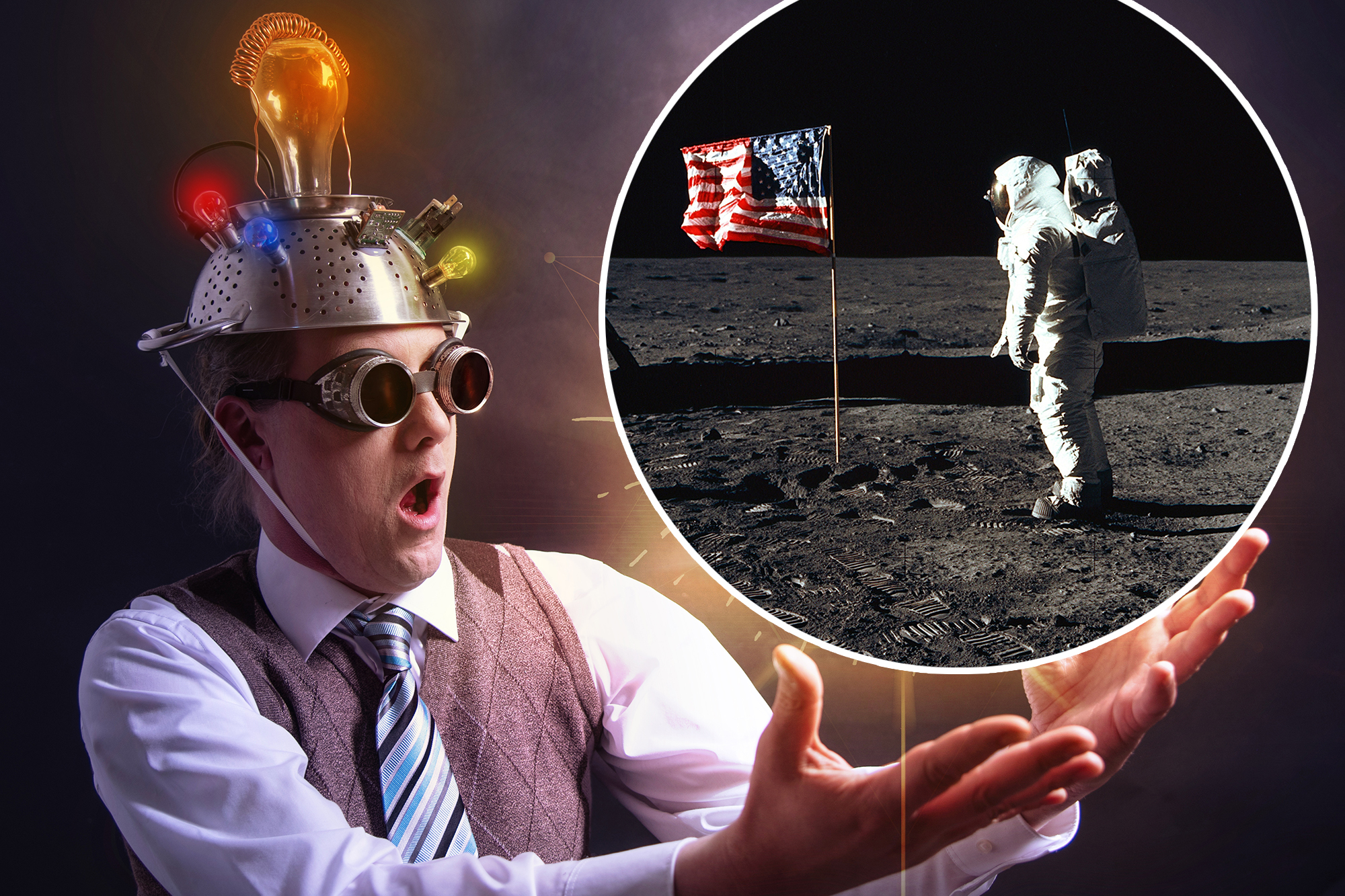
Was the moon landing fake – or are you just tired?
Failure to get enough sleep on a sustainable basis has been linked to a higher likelihood to believe plot theories in a new study by the University of Nottingham.
Researchers found that people suffering from insomnia or poor sleep quality over the past month were more sensitive to distant explanations for world events.
In their report, published this week in the newspaper of health psychology, two studies were conducted in over 1,100 people to see if the quality of sleep had an impact on confidence in plot theories.
The first had participants to read an article about the 2019 fire at the Notre Dame Cathedral in Paris, which destroyed the wood point and caused extensive damage. Investigators believe it was caused by a cigarette or a short electric circuit.
Participants were given one of two versions: the first included the official line that the former was due to an accident, while the other pushed a conspiracy theory that there was a deliberate coverage.
People who did not sleep well were more likely to believe the cover plot.
The second study also found a link between poor sleep quality and confidence in conspiracy theories and found that depression had an “indirect stable effect”. They also discovered that in some cases, anger and paranoia played a role.
“Sleep is essential for mental health and cognitive functioning of poor sleep has been shown to increase the risk of depression, anxiety and paranoia – factors that also contribute to conspiracy beliefs,” said Dr. Daniel Jolley, professor assistant in social psychology at university and leading researcher.
“Our research suggests that improving sleep quality can serve as a protective factor against the spread of conspiracy thinking.”
Poor sleep has been linked to a variety of health problems, including increased risk of diabetes, high blood pressure, diabetes, heart and kidney issues, increased inflammation and excess visceral fat.
It also has a serious impact on mental health. Research by the American Psychological Association found that even one hour or two poor sleep is likely to let you feel less happier and more anxious.
Jolley previously offered another explanation for why some people are so inclined to believe in conspiracy theories, saying they “are trying to make the meaning of the chaotic world in which we all live.”
“When you are looking for these answers, a conspiracy theory that shows a finger on someone who is perceived to be powerful, and rather blames them for that wrongdoing, whatever it may be, it can be particularly attractive,” he told Unilad.
Jolley also led a study in 2022 linking harassment with plot theories.
“Harassed victims report that increased feelings of anxiety and paranoia. Being excited seems to increase the risk of trusting in a conspiracy theory, ”he wrote with Anthony Lantian in an article about the conversation.
“The more negative actions have suffered a participant, the stronger they tend to get involved in the theorization of the plot.”
#Conspiracy #theory #beliefs #bad #habit #health
Image Source : nypost.com